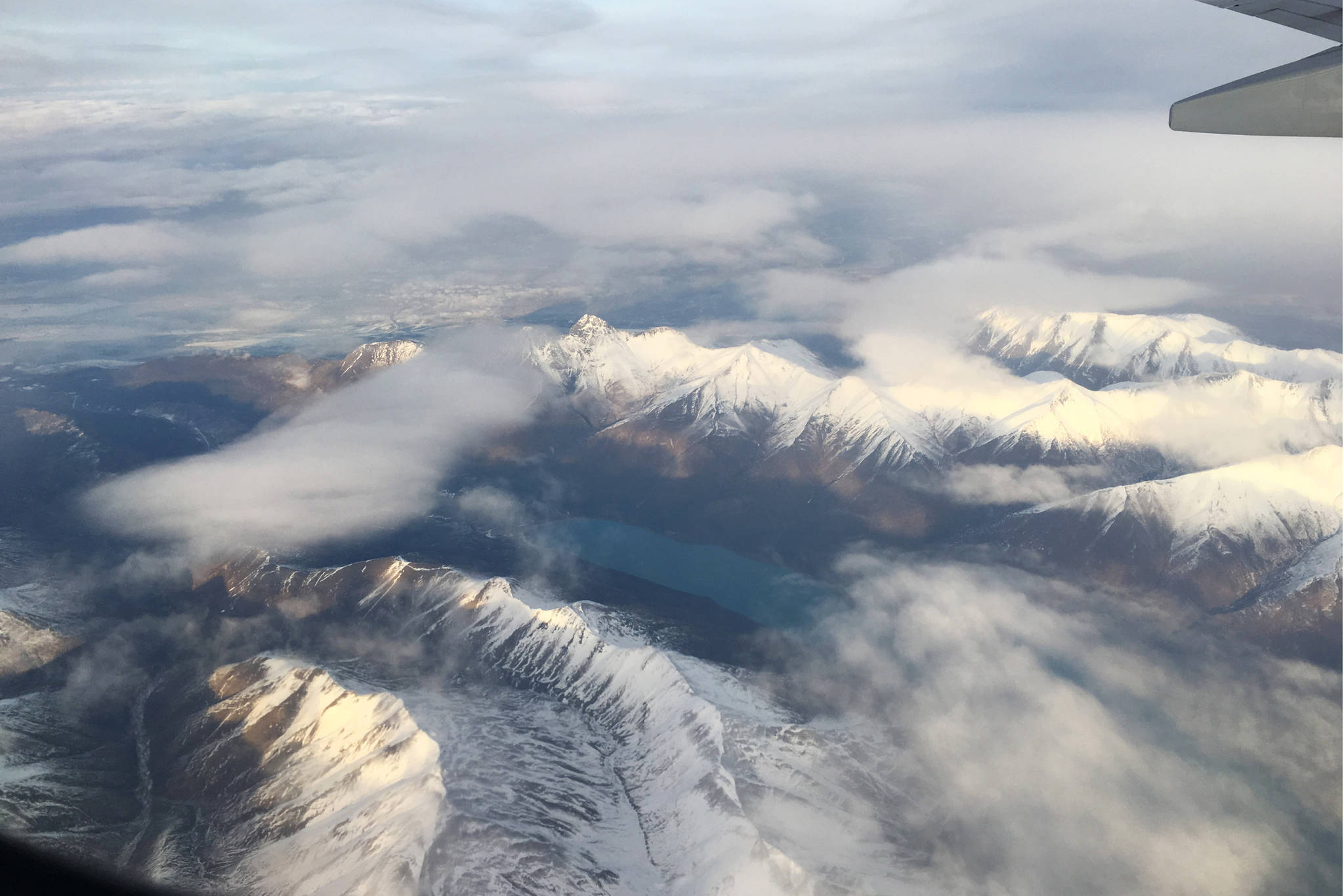I’ve met a lot of addicts since moving to Alaska.
Not the kind you think, though. My friends are constantly searching for their next fix in the curve of a worn hiking trail, in the cresting of a new mountain peak. Once the paths become familiar and the switchbacks routine, once their neurons begin to fire with less intensity at the moment of summit, my friends go in search of their next high.
Maybe it’s a climb they wouldn’t have dared attempt during their first year living here, or maybe it’s trying the trail under harsher conditions. Whatever it is, they keep going back. They are never at rest for long.
I watch them, and listen to their stories. To hear my friends talk of a day hike up Resurrection Pass or Slaughter Ridge in Cooper Landing is to hear a prophet just awoken from a vision, to hear a born-again Christian freshly dipped in the baptismal lake.
I often wonder just what it is about the human condition that fuels this drive, this obsession with conquering piles of rock and ice. It’s a subject philosophers much wiser than I have opined on ad nauseam, so I won’t bother to voice many of my suspicions here.
I only know that perspective must have a lot to do with it. When people first starting climbing things, they must have seemed the biggest things in the universe. The earliest conquerors of Mt. Everest and our Denali must have felt like gods in human casings after their first ascents.
What interests me is that the drive to climb things has barely, if at all, diminished over the millennia, even though we have the technology and the awareness to know better. We know exactly how tall the mountains are, what they’re made of and how they came to be. They are no longer mysteries to us, yet we continue to try to understand them on a deeper level.
In the heat of the upward battle, a mountain can seem to stretch on forever — each rock staircase is endless, each turn of a switchback leads to more of the same. Every glance toward the top reveals not how far one has come, but how far one has yet to go. The task seems enormous, foolhardy even.
I often hear people say they climb because being in the presence of a mountain reminds them of their own place in the world — of just how insignificant they are in the larger picture.
Yet from another perspective — from the air, for example, it is the mountain that seems commonplace, insignificant among all the others that stretch on for miles across the earth.
From the air looking down, I like to imagine the mountains inching upward toward me in the sky, bending to the great seismic pressures beneath them. From that place in the clouds, I can see that even mountains have a master.
Do we climb to feel we have conquered something powerful? Do we climb to reaffirm our own small place in the natural order? Or do we climb because we know that, like us, the mountains have a role they must play in all this?
Possibly you climb for all these reasons, or none of them. And while you climb, I know it’s likely you are romanticizing your experience in some way — it’s really, really hard not to.
“What are men to rocks and mountains?” Jane Austen writes in “Pride and Prejudice.” From a different perspective, perhaps they’re more alike than we like to think.


